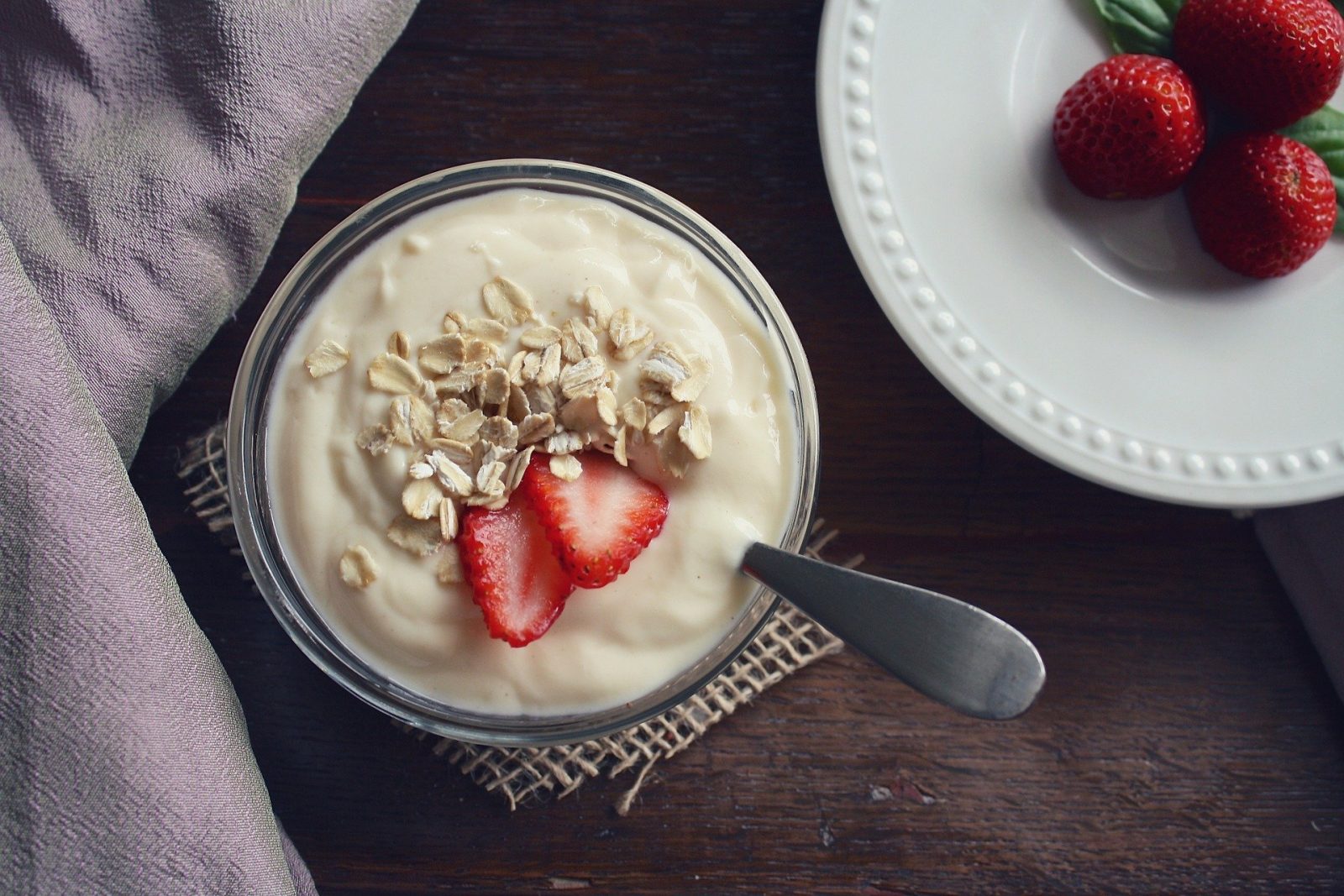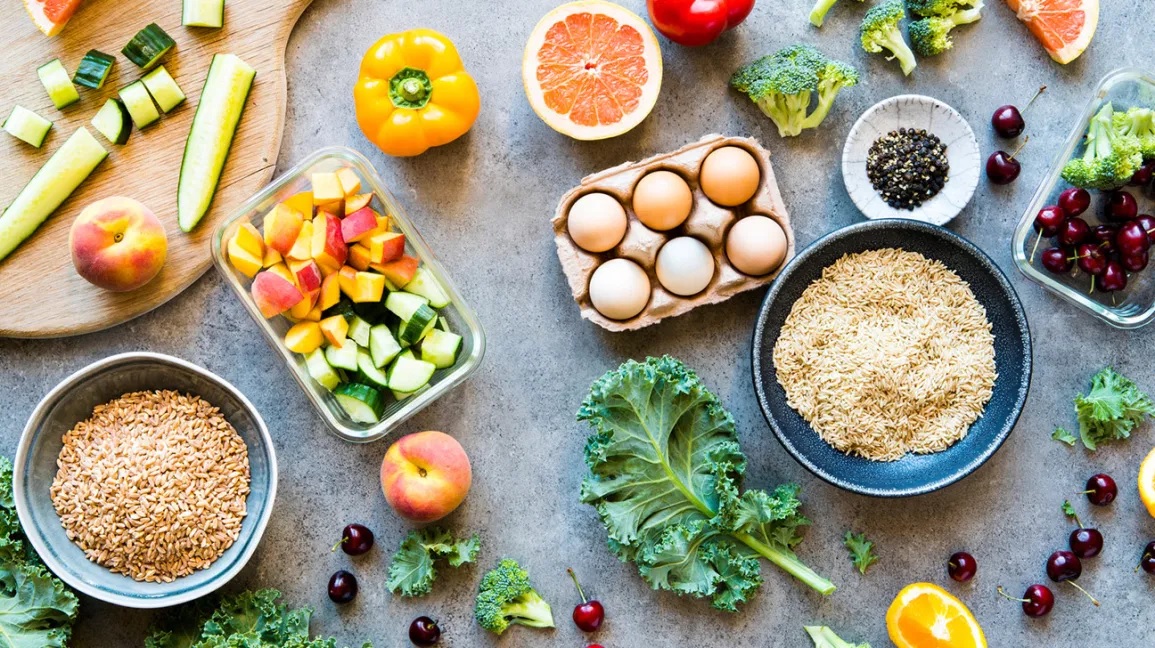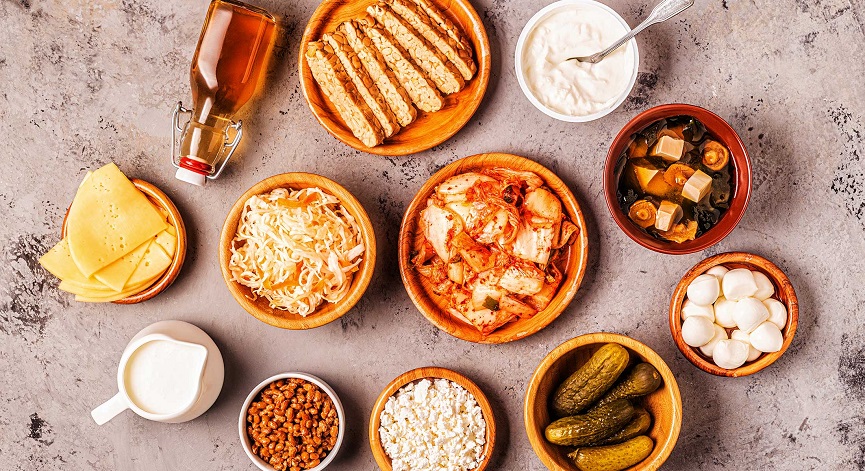Healthbeauty123.com– The Microbiome Diet is a diet plan that promotes weight loss and improves self-confidence by boosting the microbiome of the body. To start the diet, you should avoid starchy foods, fried foods, fermented meals, and meats high in saturated fats and gluten. However, it is not all bad news. Some foods may be beneficial for your microbiome if you consume them in moderation. You can eat grass-fed beef, fish, and chicken meat.
Yogurt One of the Popular Probiotic Food
One popular probiotic food is yogurt. Yogurt is made of live bacteria and yeasts found in fermented food. The yogurt-making process starts by heating milk and adding a probiotic starter. Choose plain, unsweetened yogurt to boost the number of good bacteria in your body. If you’re unsure about whether yogurt is good for your microbiome, check out the Microbiome Diet list of foods to choose from.
In addition to fruits, vegetables, and lean meat, the Microbiome Diet also includes several supplements. You’ll need to consult a dietician or doctor before starting this diet, but in general, this plan encourages eating more fruits, vegetables, healthy fats, and protein. While the Microbiome Diet list of foods may be long, it still has many benefits for your health. There are many healthy foods to choose from, but you may still not get enough vitamins and minerals.

You can create your own Microbiome Diet, or adapt it to your taste. The core meal plans should be tailored to your personal tastes. By consuming foods high in fiber, they can improve your gut health. The Microbiome Diet also encourages the growth of healthy bacteria in the gut. The microbes in your gut play a big role in how quickly we digest food and what we crave. These microbes also play a crucial role in regulating our hunger and appetite.
Diet Plan with Organic Foods to Improve Health
The Microbiome Diet emphasizes the importance of eating organic foods whenever possible. However, organic foods may be treated with pesticides. Synthetic pesticides can be harmful if consumed in large doses. You should also avoid eating fried foods and processed foods. This can lead to the overgrowth of Candida and fungal infections in the gut. As with any other diet plan, it’s important to get adequate nutrition to improve your overall health.
Besides fermented foods, the Microbiome Diet also emphasizes the importance of a plant-based diet for gut health. In addition to vegetables and fruits, it also encourages the consumption of meat, fish, and dairy products from grass-fed sources. In addition to eating organic and natural foods, you can also consume a variety of supplements. You should read the list of foods that are included in the Microbiome Diet to determine if you’re a good candidate for the diet.

The Microbiome Diet includes probiotics and vitamin D supplements, which may be beneficial to the health of your gut. But there’s no scientific evidence to support their effectiveness. The diet does not include all the foods that are beneficial to your microbiome, so it’s important to choose organic produce. You should also be aware of the phased approach the Diet takes. The first phase is a strict meal plan. The second phase includes a flexible meal plan.
Diet Also Include Fermented Food Sources
The diet also includes a number of prebiotics, which provide food for probiotic bacteria. Foods rich in prebiotics include artichokes and yogurt. Another beneficial food is kombucha. Fermented food sources include sauerkraut, tempeh, miso, and yogurt. The diet should be followed for at least 21 days. After this, you can enjoy occasional portions of these foods in moderation.
The Microbiome Diet is a great way to boost your gut health and improve your overall health. Simply following expert advice, you can start by increasing the number of organic foods you consume and limiting processed foods. This diet can bring dramatic changes in your overall health. Eliminating gluten and other processed foods may also help you avoid ulcerative colitis or other inflamed bowel diseases. This diet has helped many people find weight loss and improved gut health.

The microbiome diet also recommends avoiding processed foods and fast-digesting sugars, known as Monosaccharides. These sugars are digested so quickly, that microbes don’t have time to eat them. Eating too much of these sugars may starve your microbiome. A hungry microbiome can eat the intestine lining, causing inflammation. In contrast, consuming more complex sugars can promote your microbiome’s health.
Reference:






